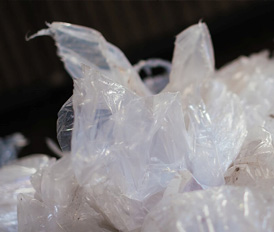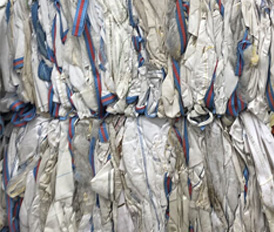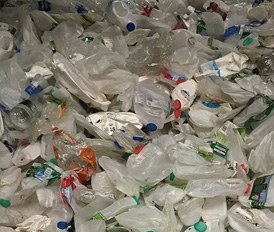Plastics Recycling is Booming in Europe | The Recycled Plastic Revolution
by George Kiernan
Pakire Polymers News
Europe’s Plastics Recycling Industry Growth
The plastics recycling sector in Europe is experiencing vigorous expansion, motivated by encouraging legislation, escalating demand, and burgeoning investment, as noted by Plastics Recyclers Europe (PRE).
PRE’s latest figures indicate a 17% growth in plastics recycling capacity in 2021, bolstered by a projected investment of €1.75bn (£1.6bn). Germany, Spain, Italy, the UK, and France have the highest recycling capacities, together accounting for two-thirds of the market. Particularly noteworthy growth has been observed in Poland and the Netherlands.
The Impact of Legislation and Market Trends
Ton Emans, the president of PRE, has indicated that the adoption of a consistent legislative framework has led to an unprecedented surge in demand. Critical to this growth has been the EU’s implementation of the plastics strategy and the Single-Use Plastics Directive.
Emans has enthusiastically welcomed the recent proposal for the Packaging and Packaging Waste Regulation, which would incorporate an exhaustive, EU-wide evaluation scheme for design-for-recycling and set targets for recycled content.
He said, “The positive growth we can observe today will shape and further strengthen the market for recycled plastics towards meeting EU targets.”
Boasting over 730 recycling facilities, the European capacity now stands at 11.3 million tonnes annually. With a turnover of €9bn, the plastic recycling industry provides employment for over 30,000 people, significantly contributing to the socio-economic wellbeing of the region.
A considerable majority of the market—more than three-quarters—is covered by flexible PE and PP, PET, and rigid PE and PP. These streams demonstrated the largest increases in comparison to 2020. For flexible PE and PP, commercial waste accounts for half of the capacity. For rigid polyolefins, nearly half of the recycling capacity is allocated to the household stream.
The Ongoing Journey to a Circular Economy
From our perspective here at Pakire Polymers, these industry-wide developments in Europe are heartening. We are beyond glad to see the European plastic recycling market thrive, given the significant role of the industry in propelling the world towards the ultimate goal of a fully circular economy with net zero waste.
However, despite the strides forward the industry has made, we should not allow complacency should not set in. The success of legislative measures such as the EU Single-Use Plastics Directive and the UK’s Plastic Packaging Tax should not be construed as a completed mission. Instead, this is the crucial moment to maintain the momentum.
We cannot stress enough the vital role of government authorities, not only in Europe but across the globe. These bodies need to formulate and enforce laws that bolster their respective recycling industries. Moreover, businesses must be mandated to recycle their waste and incorporate recycled materials into their manufacturing processes.
While the progress in the European plastic recycling market is encouraging, the mission is far from accomplished. For the benefit of our planet and future generations, the concerted efforts of governments, industry bodies, and businesses are crucial to ensure this momentum doesn’t wane, and that we continue to strive for a circular economy with net zero waste.
Share article on your social media
More related articles
Work with Us
If you have a passion for recycling and for achieving a sustainable future, then we want to hear from you.





